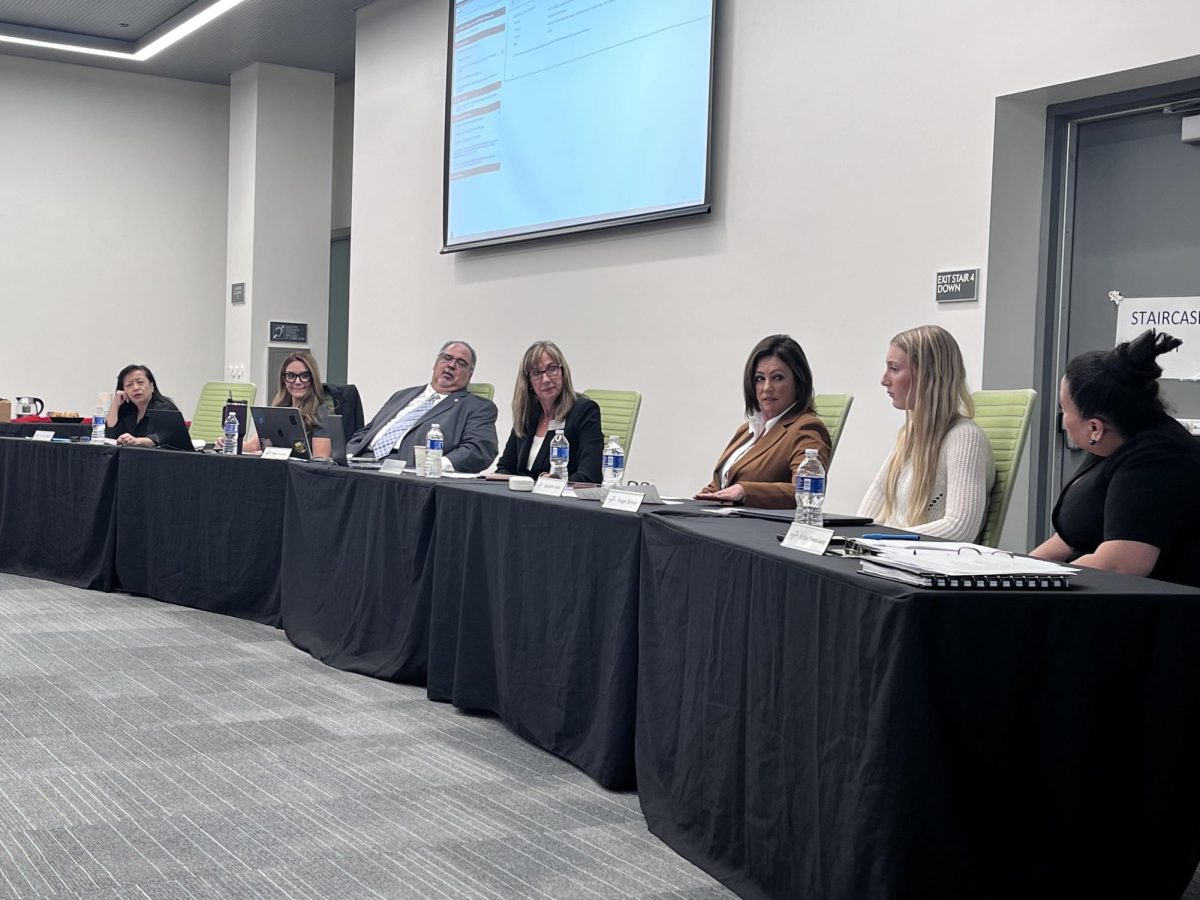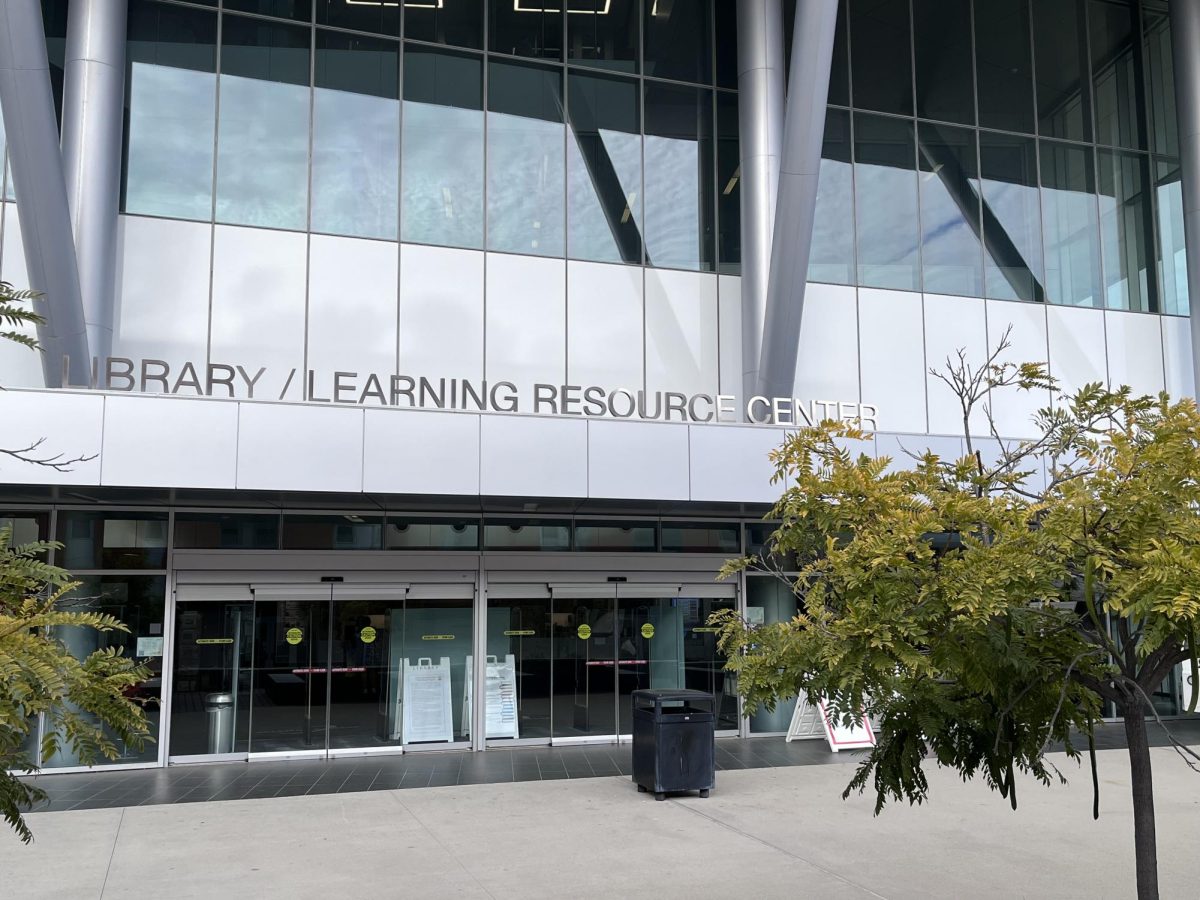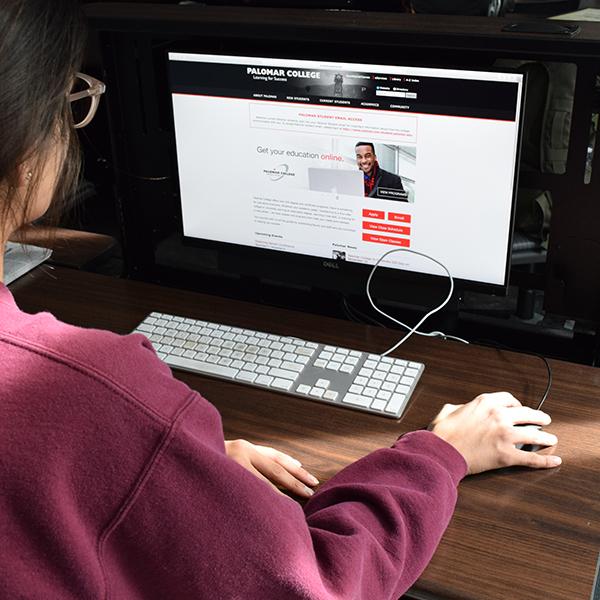Our course catalogue, at Palomar offers a wide variety of classes and programs that are available either online or on-campus.
Numerous courses, like California Government and Intro to Sociology, give students the option to learn in or outside of a classroom. While there are many factors to consider when picking classes, the decision to take a virtual course is often based on personal preference. Compared to those that are offered on-campus, online classes can be just as effective for most students.
Online courses appeal to a multitude of people, including professors, for several reasons. By not commuting to campus frequently, those who opt to take web-based courses can save time and money.
Most online classes only require students to be on campus for exams, typically a few times throughout the semester. Additionally, students may visit their professor’s office hours if further clarification is needed on course material. Still, online students save money on gas and parking. Unlike classes that have a set time and place on-campus, online courses eliminate these time constraints. Online students do not have to attend class for a given amount of time, so long as they meet deadlines for assignments.
For many students, online classes easily accommodate busy schedules. Those who work, or have other time commitments outside of school, may find web-based classes to be more convenient. “I have a part-time job, so taking an online health class makes it easier to manage my time” stated first-year student, Marielle Partido. While time-management skills are crucial for any course, being able to prioritize will help you succeed— especially in an online class.

Do not assume that virtual courses are easier than those on-campus. Because most online classes have a rigorous work load, students take on extra responsibility to complete assignments on their own time.
Learning in a comfortable environment is a major benefit when taking any online course. As opposed to on-campus class debates, where participation is often limited, most discussion boards for virtual classes engage more student contribution. Dr. Kathleen Grove, who teaches a Human Sexuality course both online and on-campus, finds online discussions are a better approach when talking about difficult subjects.
Often, online students are better prepared and more confident in their responses. Many students enjoy the ability to learn course material within the comfort of their home. Katlyn Joe, a second-year student, says “It’s great not having to rush out the door and go to class. Instead, I can sleep in and do homework for my Spanish class in my pajamas.”
Sure, it may be a luxury to not get dressed for school, but some students believe procrastination is a pitfall for many online courses. Second-year student, George Maqueda, admits to finishing assignments at the last minute. “With online classes, it’s easy to get distracted. I find myself checking Facebook or sometimes I just zone out” Maqueda said. As with all classes, procrastinating can make it easy to miss assignments. While virtual courses aren’t for everyone, Dr. Grove advises that online courses “require students to be disciplined and self-motivated. Find a time to do the work and then do it. Those points add up.”
As online courses have become more commonplace, students have more options when planning their schedule. The success of learning, whether in a classroom or online, ultimately depends on the student.




























































